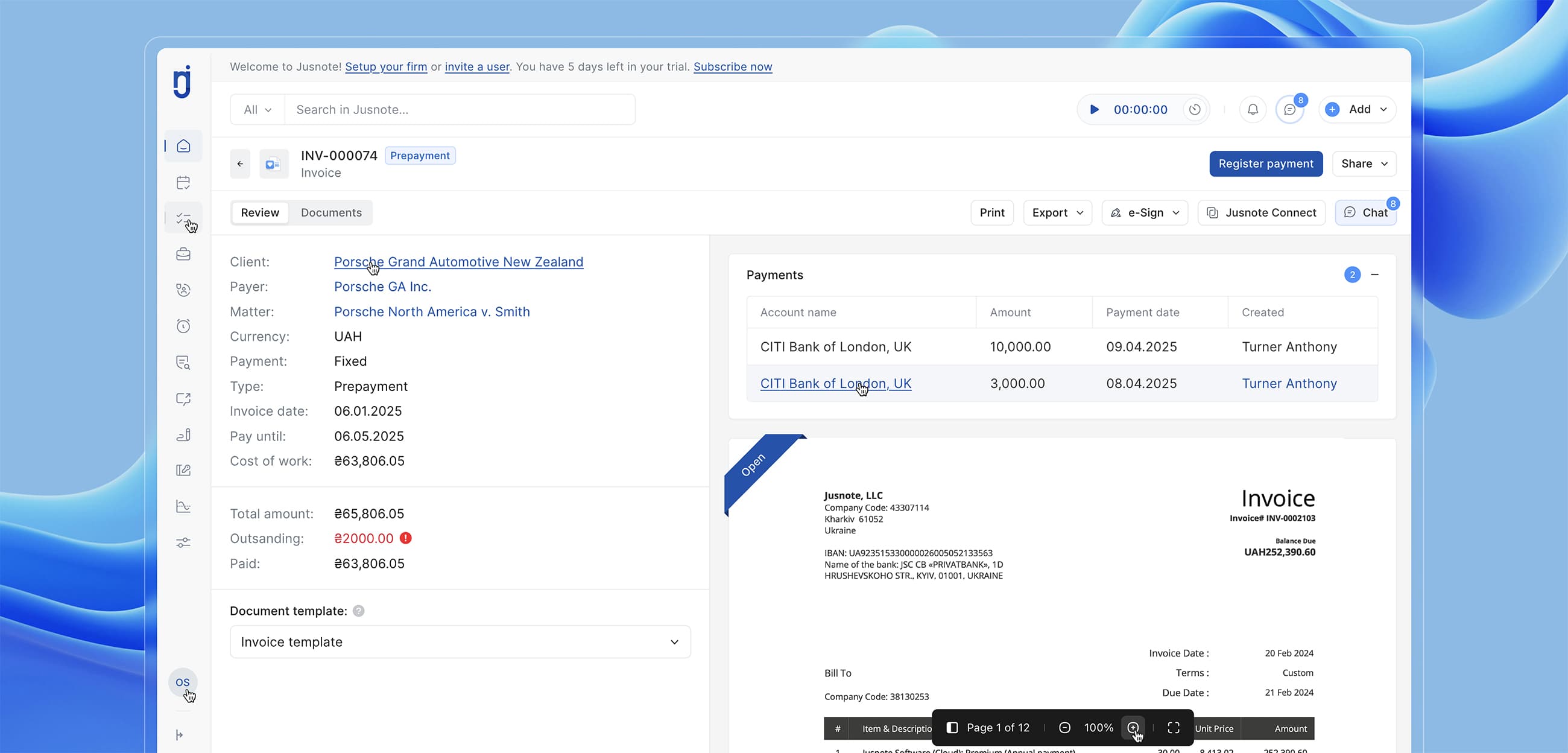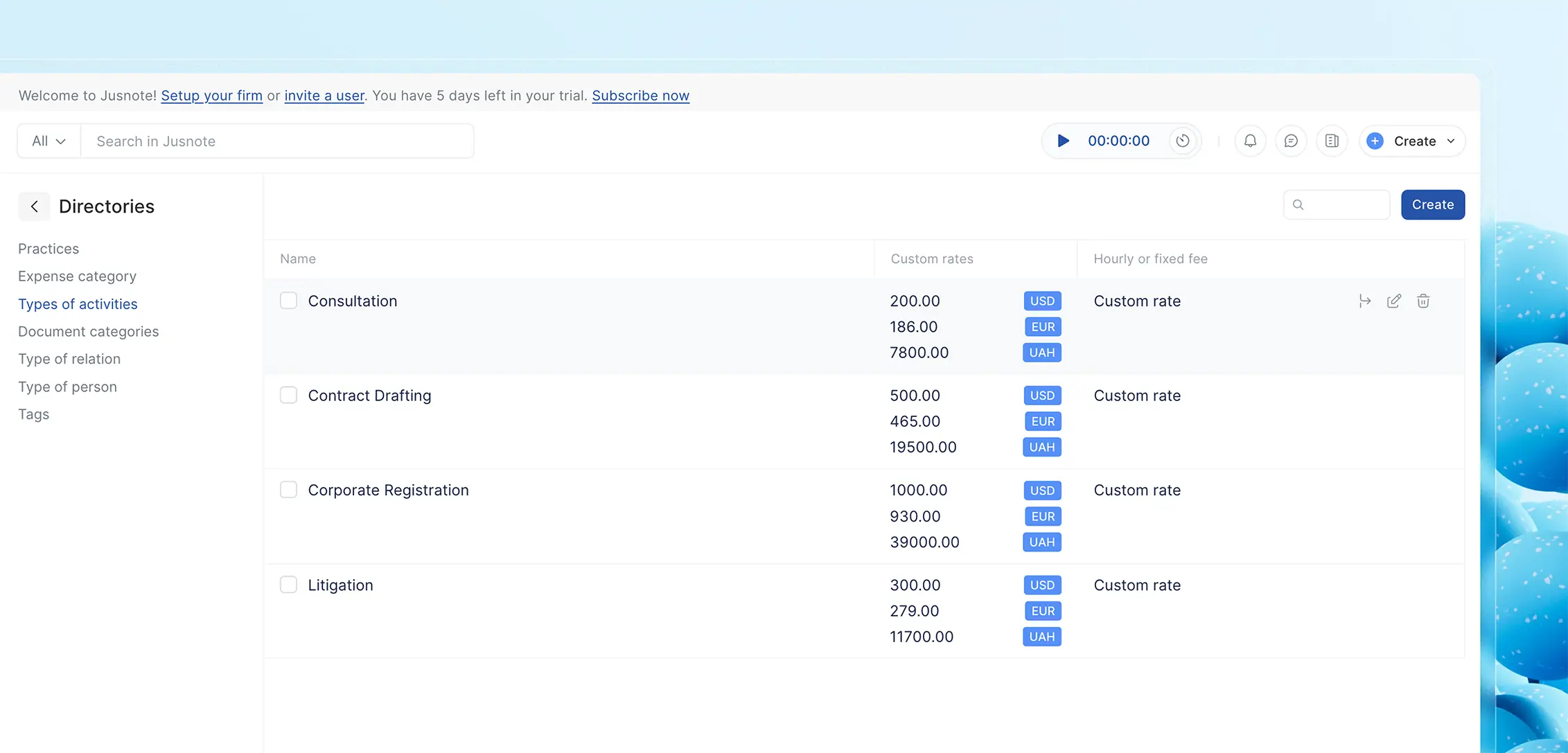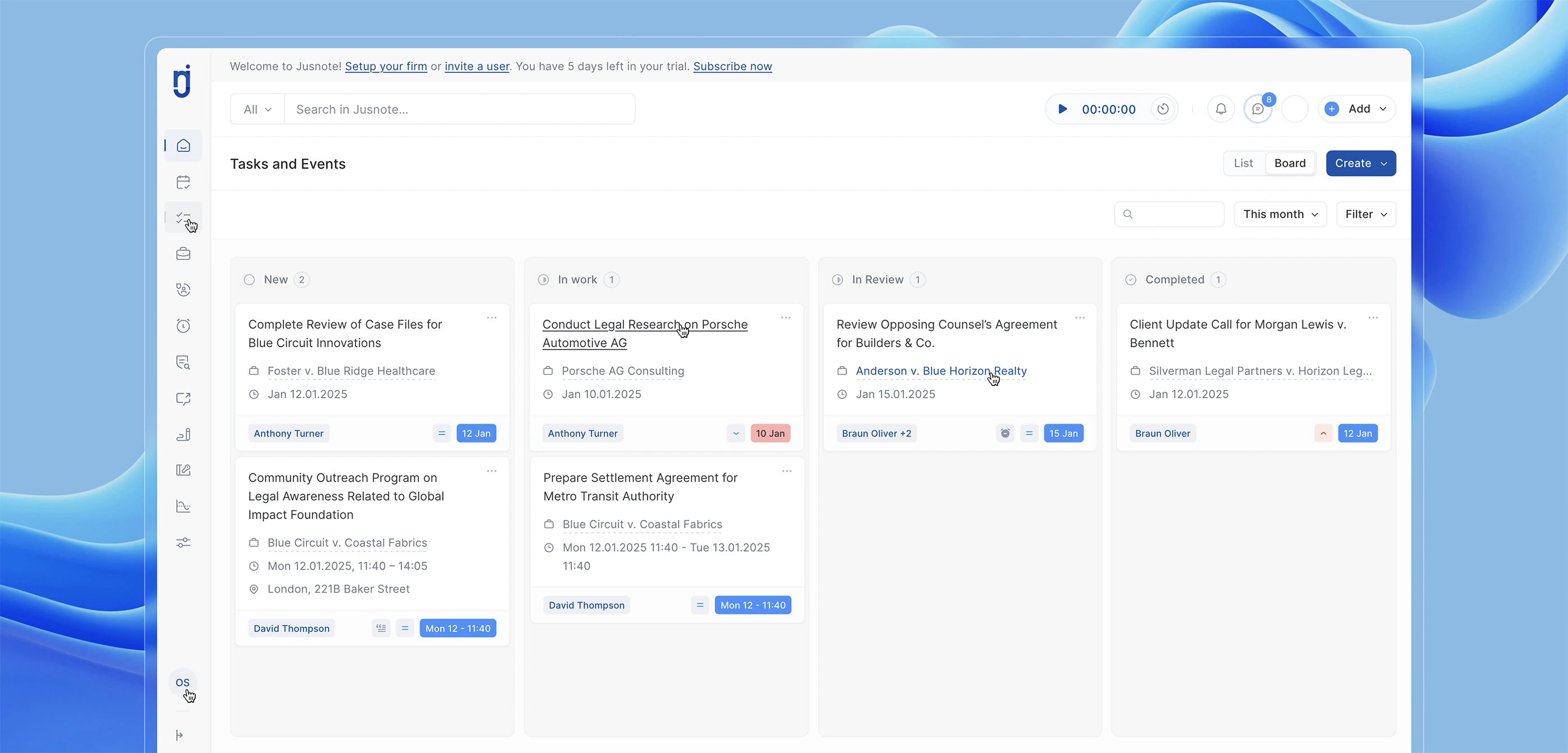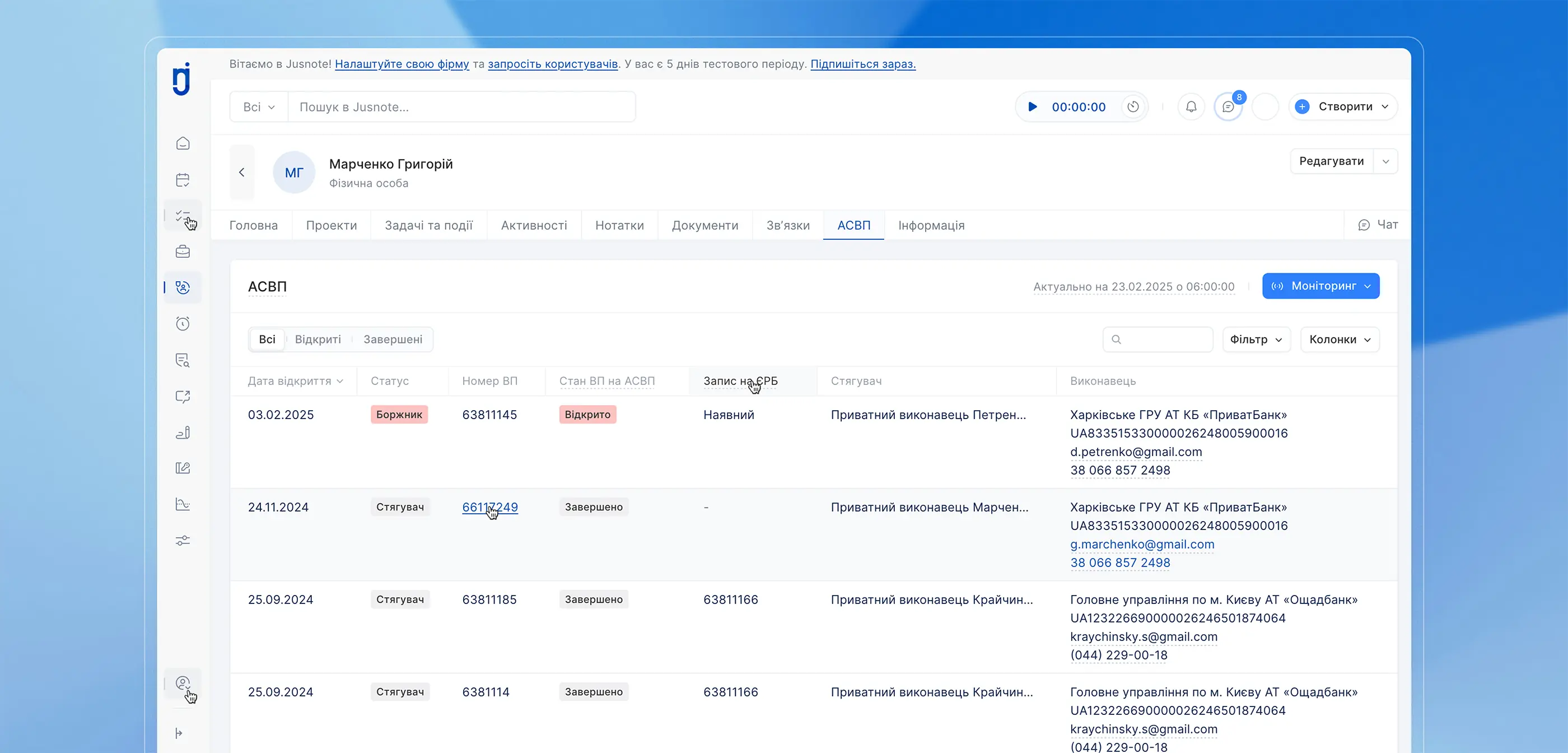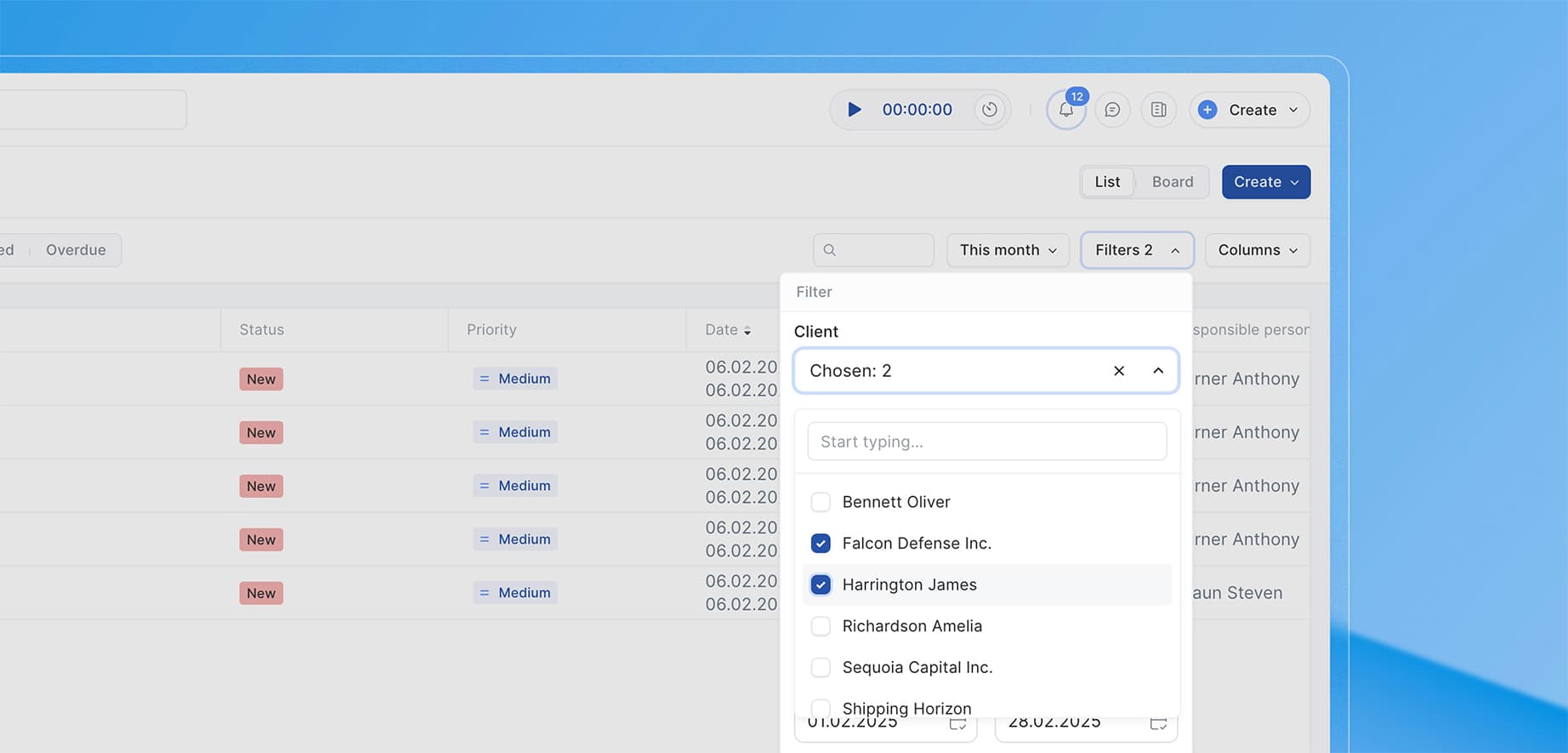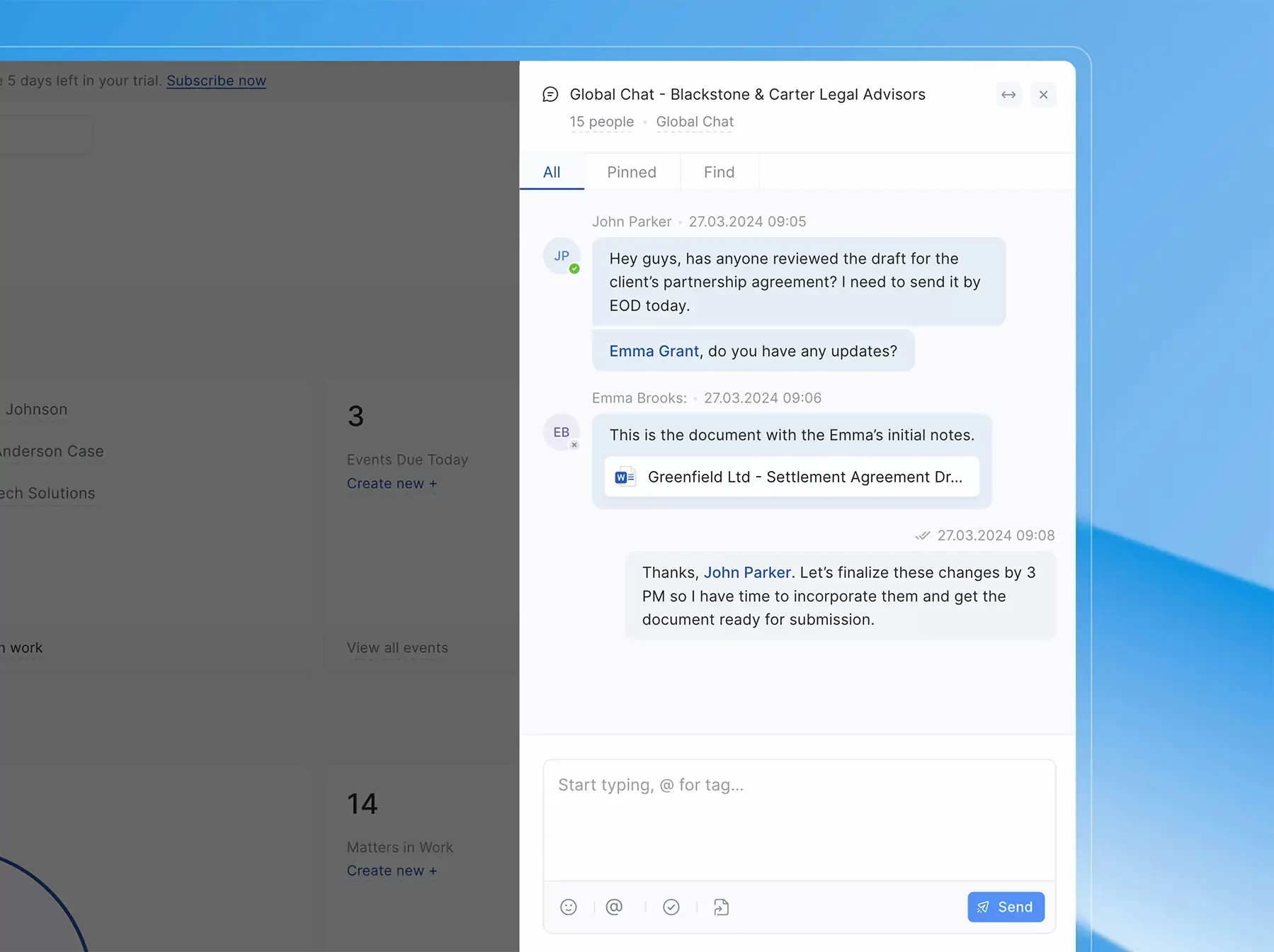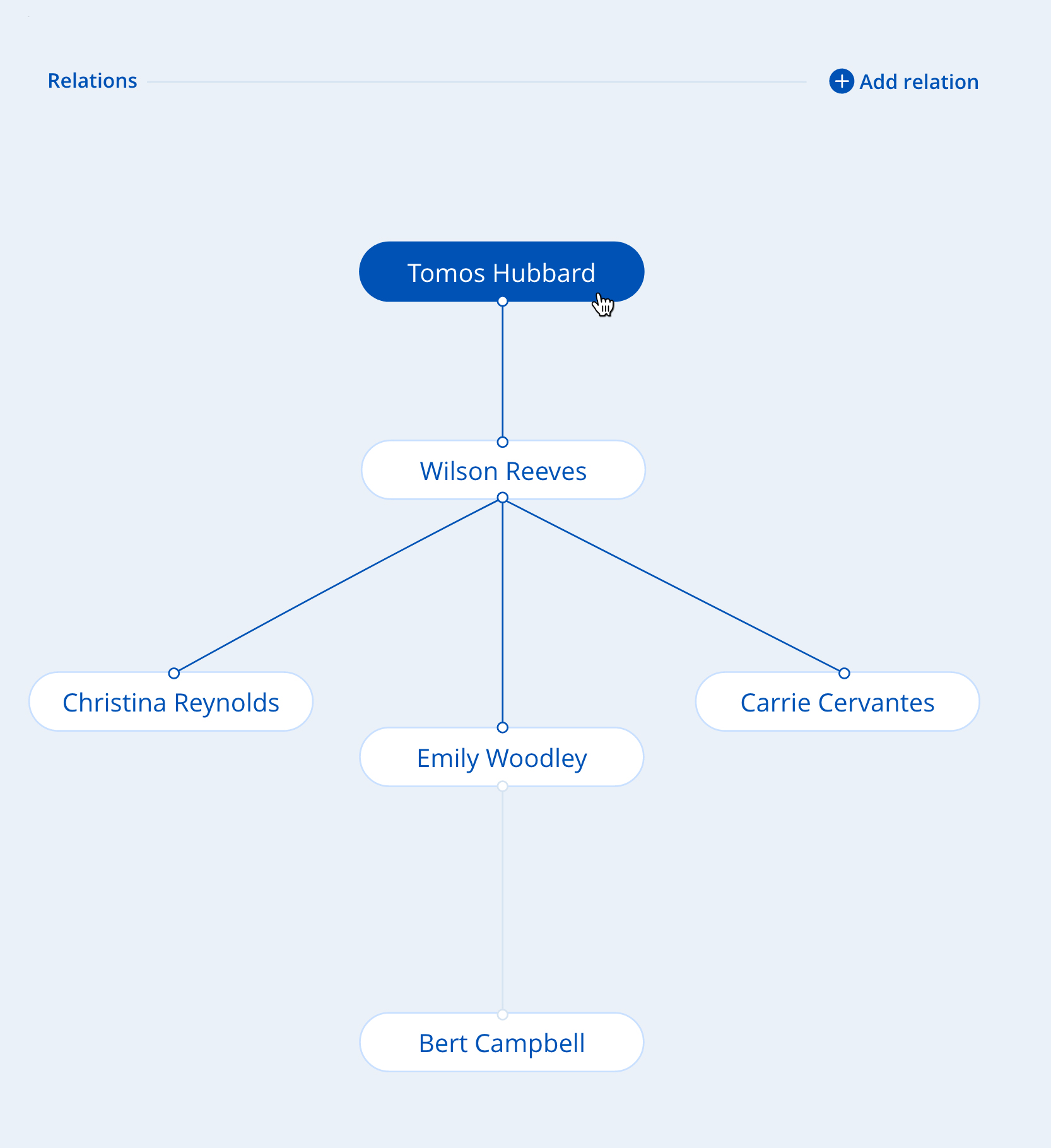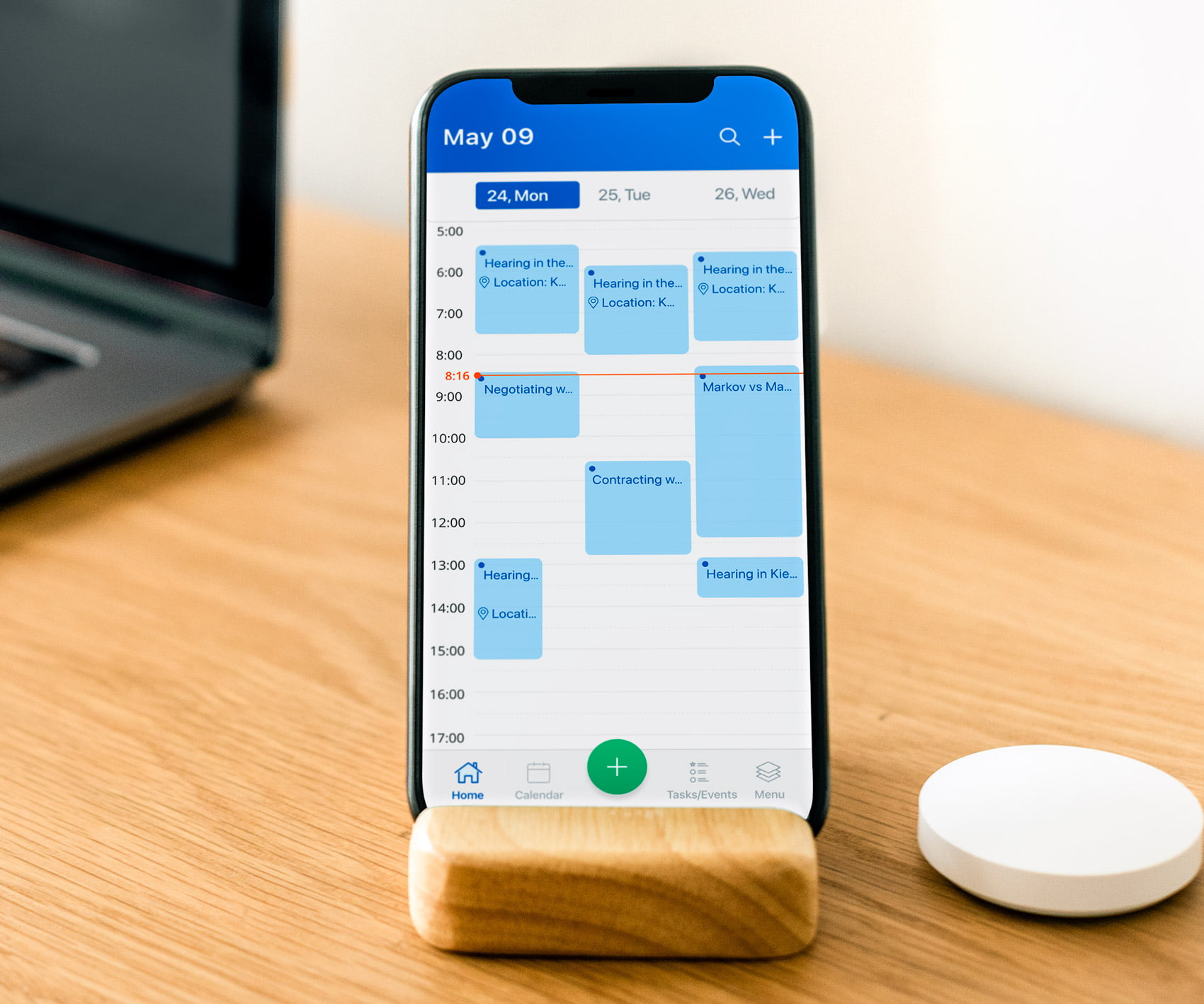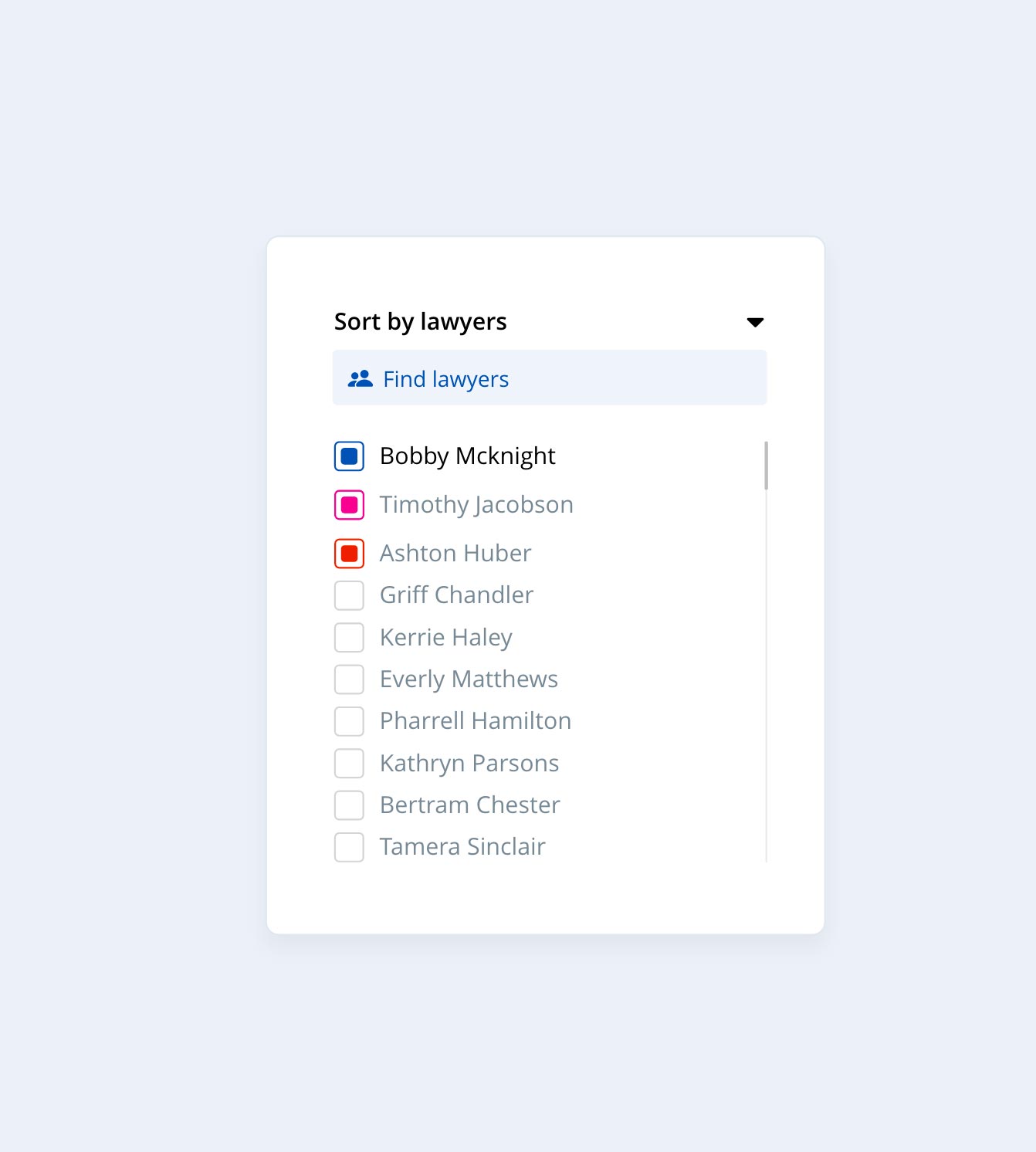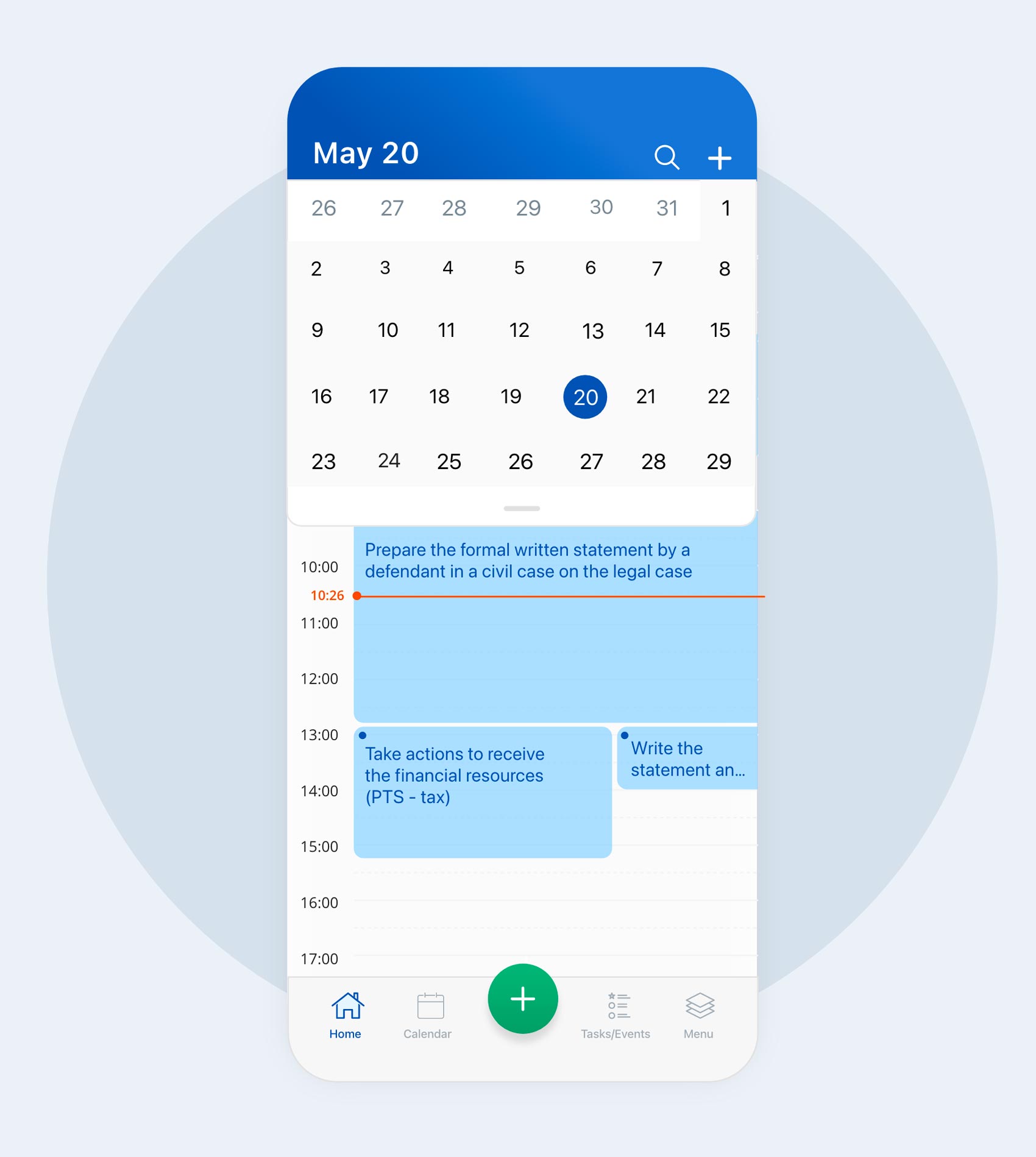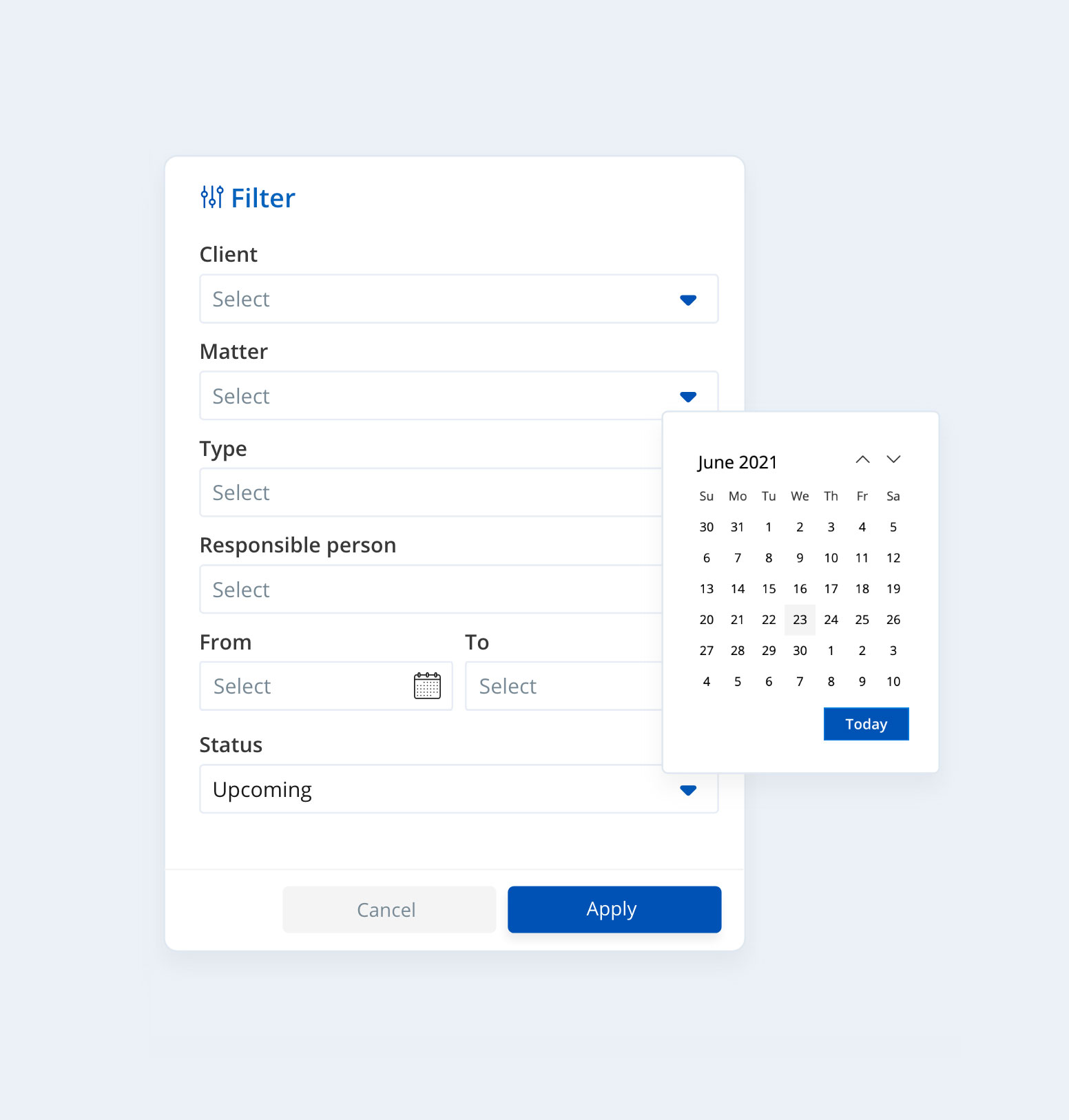BLOG
October 4, 2021
Time recording for lawyers: 5 golden rules
Our experience has shown that when lawyers have clear and reasonable daily time recording objectives, they will tend to achieve those objectives. Here are 5 tips on how to bill time properly.
Your legal practice can be dramatically improved with a proper time billing system, and your team can be motivated to meet their goals. Jusnote’s Time Management software does that. It is easy to see at a glimpse what has been accomplished, what still needs to be done, and what is incomplete.
1. Record everything you do, always
One of the first lessons you learn when you start a practice is an absolute need to bill every minute and every attendance. Anything less and you are putting your company at risk. You will be doing your client and yourself a disservice and will be falling behind acceptable practice standards. The good thing is that today’s modern systems allow you to easily bill your time in a few clicks, even from your mobile devices, so the task gets a lot simpler. But the goal is to fulfill your basic accountability obligation to do your firm a favor. Also, try to record any notes and time allocated while you work, not afterward.
2. Create meaningful, accurate descriptions
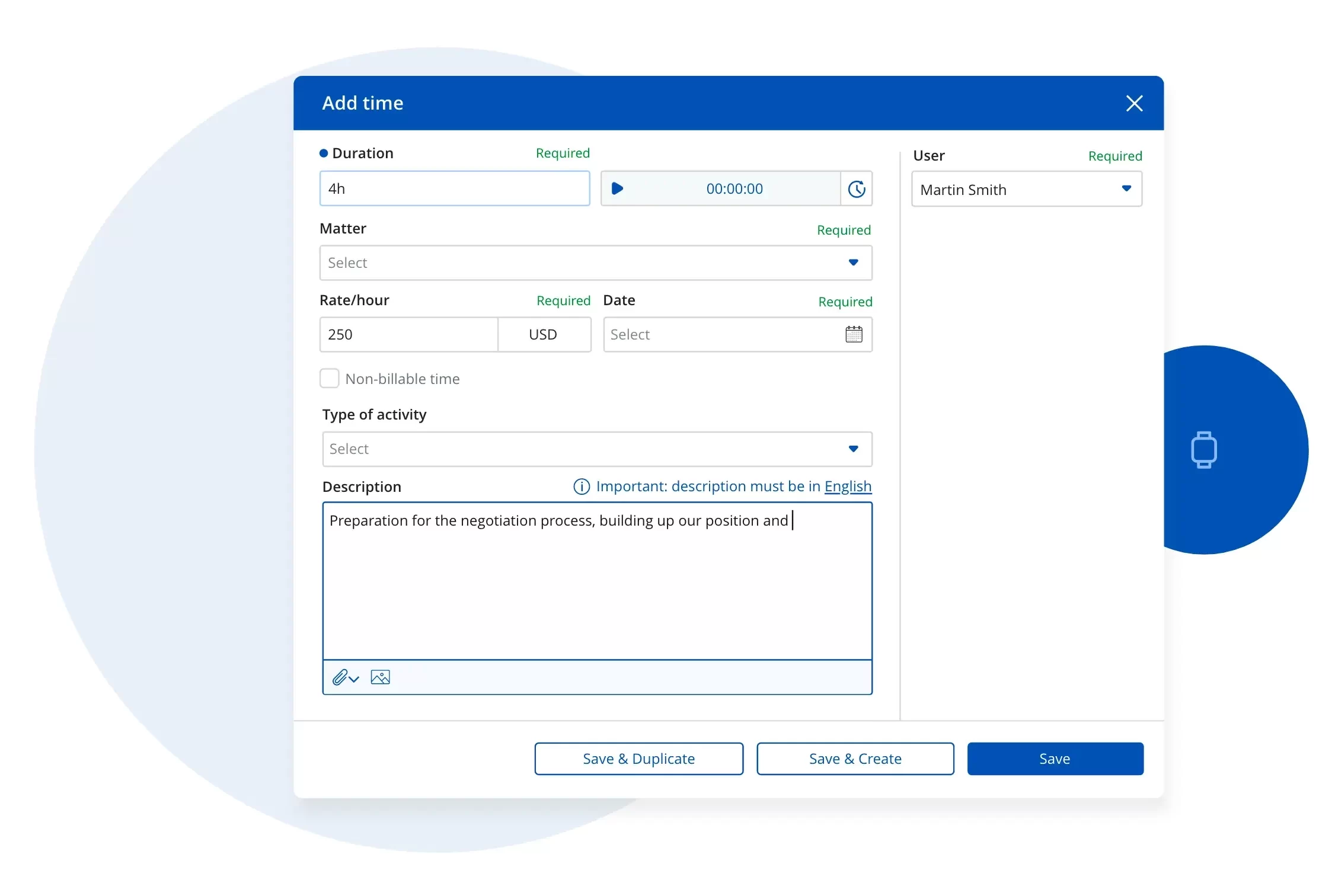
Keeping accurate records leads to more time being tracked, more revenue being billed, and more cash being collected. Accuracy is its reward when it comes to time recording. Most client disputes involve money, which is why keeping accurate time and activity records is crucial to dealing with client complaints about overcharging. Create meaningful, accurate descriptions.
3. Set up rates in advance
Having your charge rates set up in advance will prevent you from editing them during billing. For instance, in Jusnote, we recommend lawyers set up their rates and currencies before starting actual work on client’s tasks. Firstly, it will help them to save time. Secondly, the system will be doing the calculation automatically. There is a massive efficiency benefit if you write rates at the beginning. The information will be re-used for billing, thereby making the billing process quicker and easier. Eliminating this work gives you more time for real billable work.
4. Bill regularly
We see that the month-end billing cycle is still prevalent in many firms. It means that a day, or two days, of each month, is typically spent doing bills! Two whole days squandered. But if time is recorded as you go, you can easily bill as soon as you are entitled to do so. Instead of having to recreate everything you did, you only must verify and edit the data you put into the system in the first place. It will improve the quality of your business, encourage you to bill more frequently, and create happier clients.
5. Round up the time spent on tasks
Nobody wants to see an invoice where you indicate time spent on tasks right up to seconds. Instead, round up the time. For instance, if you billed 45:26 on creating a document, record it as 46 minutes. It will make it easier for your client to gain information on the work performed, and, for better or worse, you won’t look petty.
Why should you try Jusnote today?
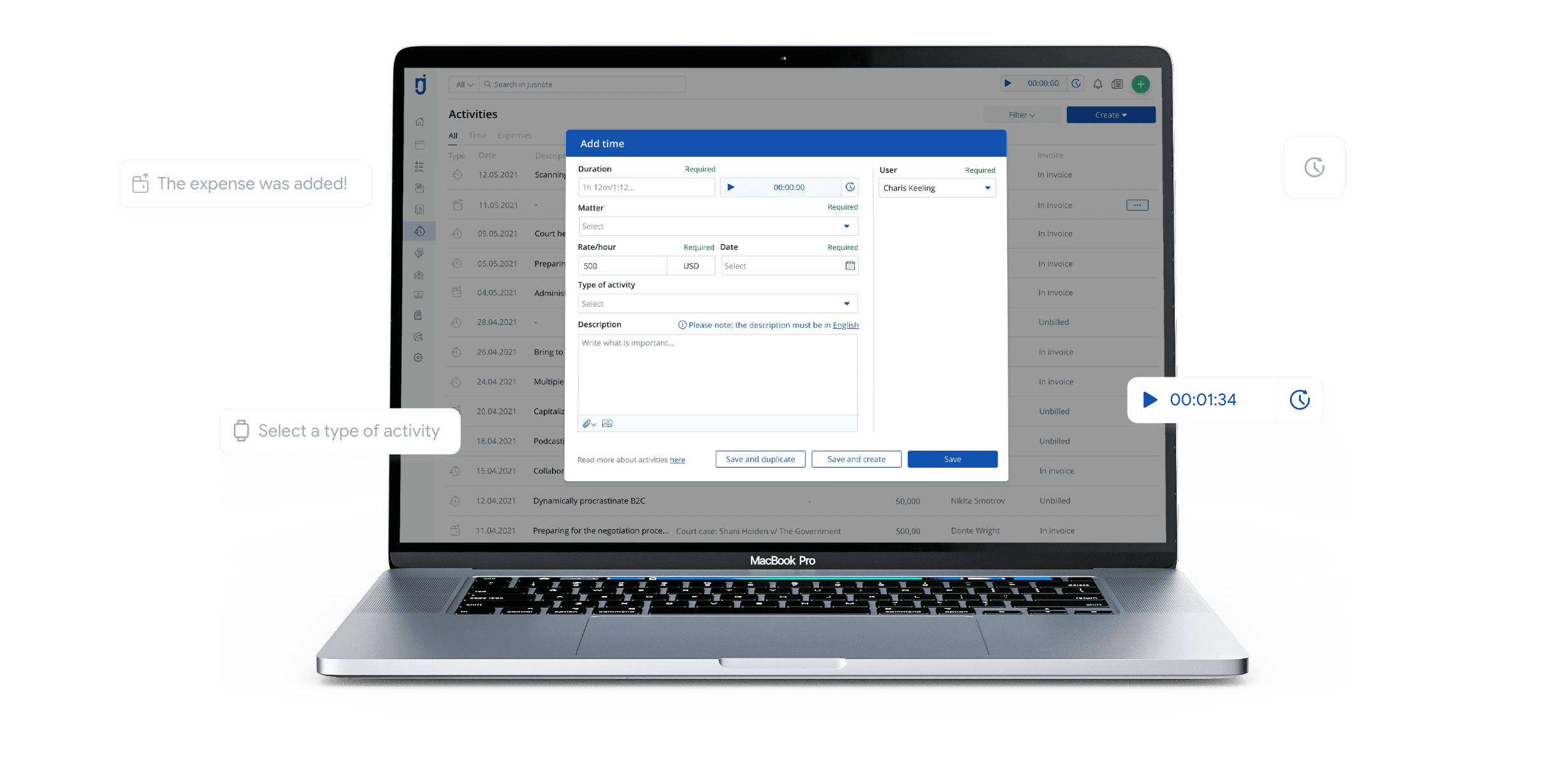
Jusnote is the most comprehensive cloud-based legal practice management software that makes running your firm, organizing cases, and collaborating with clients effectively. From time tracking to document management, from working on legal matters to automating workflows and everything in between, Jusnote will become your single centralized place to grow your firm. Try Jusnote for free today. Register here.
Read this article in Russian →



 Jusnote Newsroom
Jusnote Newsroom  Search Newsroom
Search Newsroom
 Back to all publications
Back to all publications



